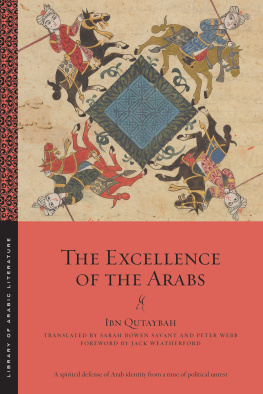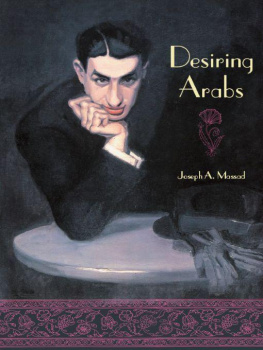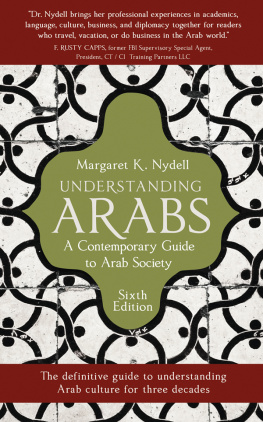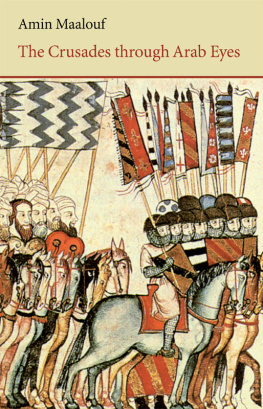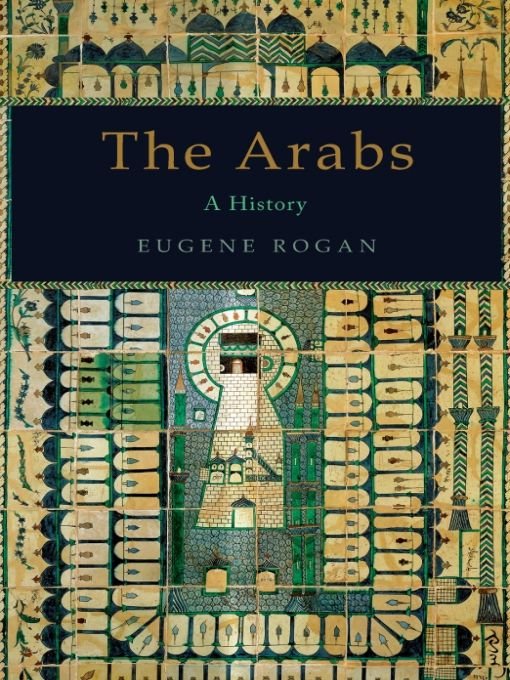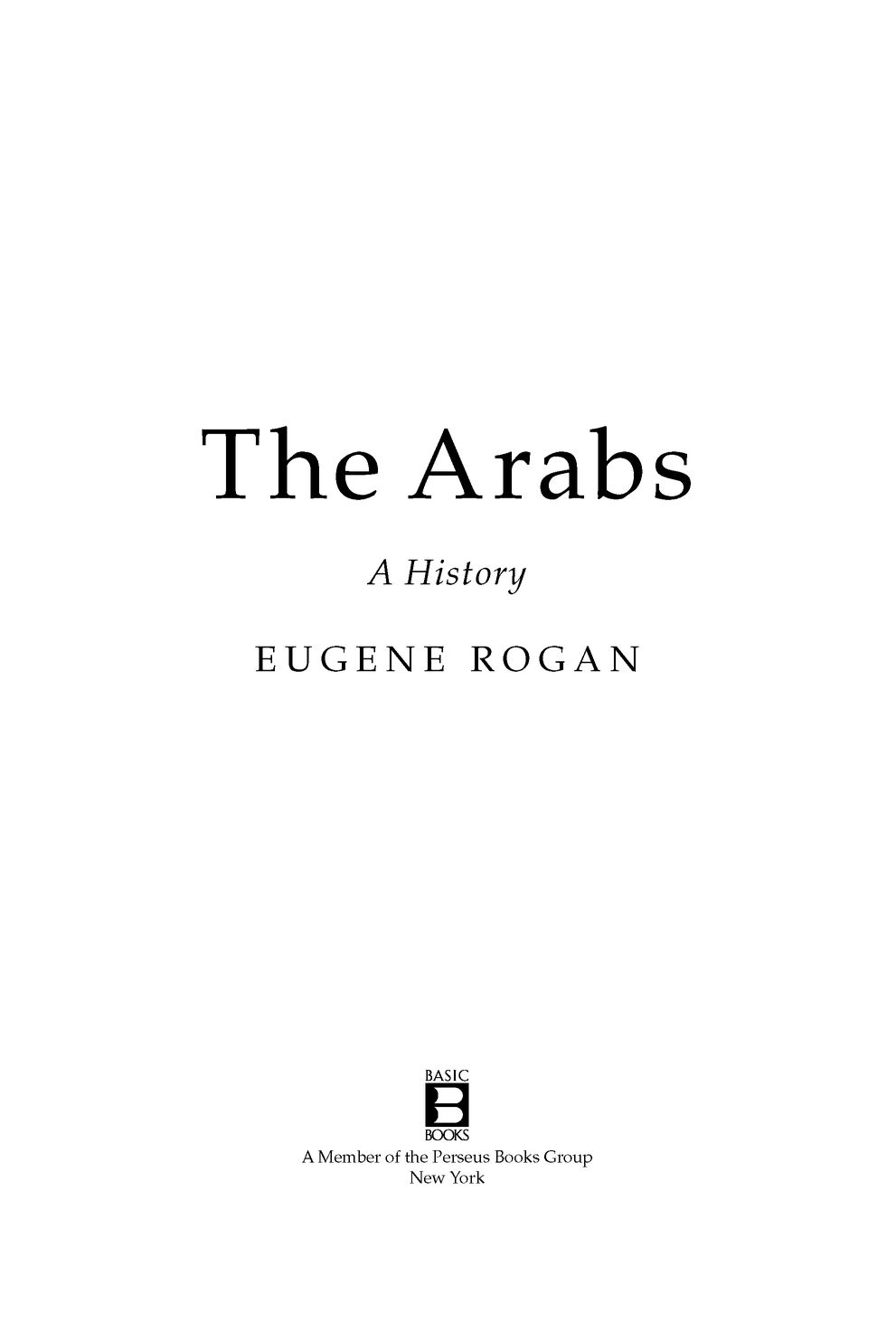Table of Contents
This book is dedicated to
Richard Huia Woods Rogan
Introduction
On February 14Valentines Day2005, a massive car bomb killed former Lebanese prime minister Rafiq Hariri in central Beirut. Returning home from a session of Parliament, Hariri had followed a predictable route and was surrounded by a bustling motorcade that made him stand out in the citys notorious traffic. The one-ton bomb left an enormous crater where the waterfront road had been and sheared the faades off neighboring buildings. Twenty-one people died with Hariripoliticians, bodyguards, and drivers, along with innocent bystanders. Even by Beiruti standards, this was a spectacular assassination.
Hariri was the richest, most powerful man in Lebanon. He built his fortune as a contractor in Saudi Arabia and returned home at the end of his countrys fifteen-year civil war (19751990) to become the architect of Lebanons postwar reconstruction. He entered politics and was named prime minister in 1992. He served ten of his remaining thirteen years at the head of Lebanons government.
Hariris landmark project as prime minister was the reconstruction scheme for downtown Beirut. The revitalized central business district, he argued, would drive the economic regeneration of this once-thriving commercial center. The plan was controversial, and Hariris blithe indifference to conflicts of interest between his role as contractor in chief and head of government gave rise to well-founded accusations of corruption. Yet many Lebanese saw Hariri as their countrys only hope. He bankrolled much of the Lebanese governments expenses from his personal wealth. He gave foreign investorsparticularly wealthy Lebanese expatriates and Saudi royalsconfidence to place their money in the shaky Lebanese economy. And from the rubble of civil war Beirut, an elegant city with modern infrastructure was beginning to emerge.
In October 2004, Hariri tendered his resignation as prime minister to protest Syrias interference in Lebanons politics. It was a dangerous move for a man who had made his political career in partnership with Damascus. The Syrians had first entered Lebanon in 1976 as part of an Arab League force to intervene in the Lebanese Civil Warand had exercised a stranglehold on Lebanese politics ever since. Though the Syrian government claimed to be upholding political stability in its fragile neighboring state, many Lebanese chafed under what they saw as a Syrian occupation. The turning point for Hariri was when the Syrian government forced the Lebanese Parliament to grant an unconstitutional three-year extension to President Emile Lahouds term. The Lebanese constitution allows for a single presidential term of six years. Everyone knew that Lahoud was Syrias man. Syrian president Bashar al-Asad allegedly threatened Hariri, saying: Lahoud is me. If you want me out of Lebanon, I will break Lebanon. Hariri knew the risks but decided to stand up to the Syrian pressures on this issue. He paid for that decision with his life.
When Hariri was killed, his supporters took to the streets and pinned the blame squarely on the Syrians. The demonstrations grew larger and more assertive in the weeks following the assassination, culminating in a mass rally held in central Beirut one month after Hariris assassination, on March 14. One million Lebaneseone quarter of the countrys total populationconverged on central Beirut to demand their independence from Syria.
The protests and demonstrations developed into a popular movement that came to be known in Lebanon as the Independence Intifada and was dubbed the Cedar Revolution by the international media. It also gave rise to a political coalition united against Syrias presence in Lebanon that came to be known as the March 14 Alliance. Domestic and international opposition grew so intense in the aftermath of Hariris assassination that Syria was forced to withdraw its 14,000 soldiers and all intelligence officers from Lebanese soil. The last Syrian troops left Lebanon on April 26, 2005. The Lebanese believed themselves on the threshold of a new age of independence and national cohesion.
Even after its last troops had withdrawn, Syria continued to cast a long shadow over Lebanon. A number of Syrias most outspoken critics from the March 14 movement were silenced by violent assassinations that were clearly intended to intimidate surviving members. Over the next two years, eight anti-Syrian figures, including four members of the Lebanese Parliament, were murdered in car bombings and gun attacks. For many, the callous assassinations of respected cultural and political figures brought to light the powerlessness of the Lebanese to protect themselves from outside forces. They raged against their impotence and demanded justice.
One of the first to be killed was the journalist and author Samir Kassir, who died in his booby-trapped Alfa Romeo as he drove to work on the morning of June 2, 2005. Writing in the Lebanese daily An-Nahar, Kassir was one of the leading voices of the anti-Syrian March 14 movement. Kassir saw Lebanons problems as a microcosm of the ills of the Arab world as a whole. Shortly before his death, Kassir had published a remarkable essay exploring what he termed the Arab malaise of the twenty-first century. It reflected the disenchantment of Arab citizens with their corrupt and authoritarian governments. Its not pleasant being Arab these days, he observed. Feelings of persecution for some, self-hatred for others; a deep disquiet pervades the Arab world.
Yet the Arab world hasnt always suffered such a malaise, he continued. He contrasted the twenty-first-century malaise with two historic periods in which the Arabs had attained, or aspired to attain, greatness.
The first five centuries after the emergence of Islam, spanning the seventh to the twelfth centuries of the current era, was the age of the great Islamic empires that dominated world affairs. Arabs had an international presence stretching from Iraq and Arabia to Spain and Sicily. The era of early Islam is a source of pride to all Arabs as a bygone age when the Arabs were the dominant power in the world, but resonates in particular with Islamists, who argue that the Arabs were greatest when they adhered most closely to their Muslim faith.
Kassir argued that the second era of Arab greatness, or at least of great expectations, began in the nineteenth century. The cultural renaissance of the nineteenth century, he wrote, the famous nahda, illuminated many Arab societies. The nahda shaped a distinctly secular modern culture in the Arab world in the twentieth century. Egypt founded the worlds third-oldest film industry, while from Cairo to Baghdad and from Beirut to Casablanca painters, poets, musicians, playwrights and novelists shaped a new, living Arab culture. Society began to change, education began to spread, and women emerged from behind the veil.
The culture of the nahda also shaped Arab politics in the twentieth century, and as Arabs emerged from colonialism to independence they came to play a prominent role in world affairs. Kassir listed a number of noteworthy examples: Nassers Egypt, for instance, one of the pillars of Afro-Asianism and the subsequent Non-Alignment movement; independent Algeria, the driving force of the entire African continent; or the Palestinian resistance which was called on to further the cause of democratic rights without succumbing to the ideology of victimhood now so prevalent.


